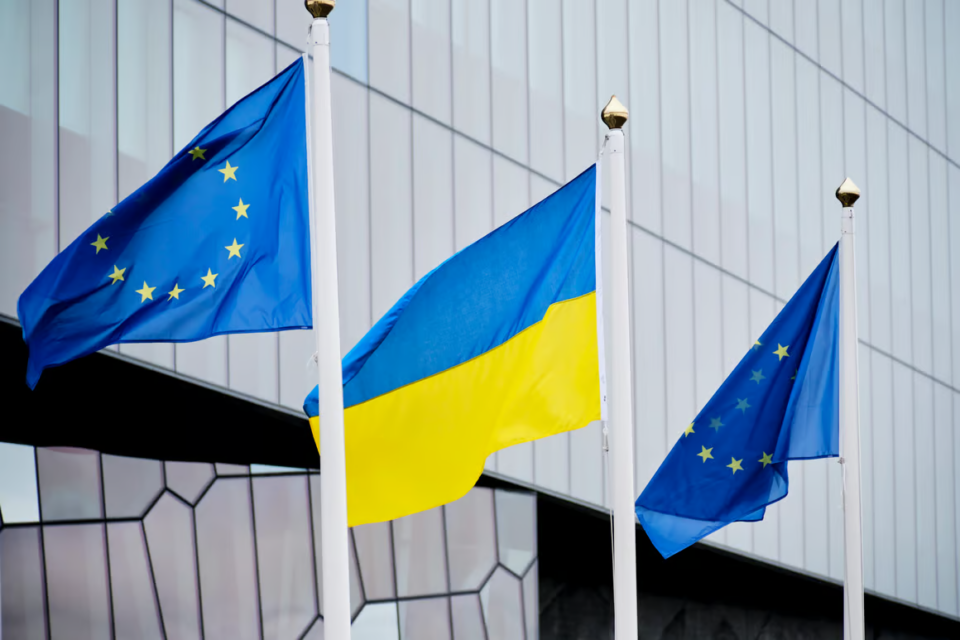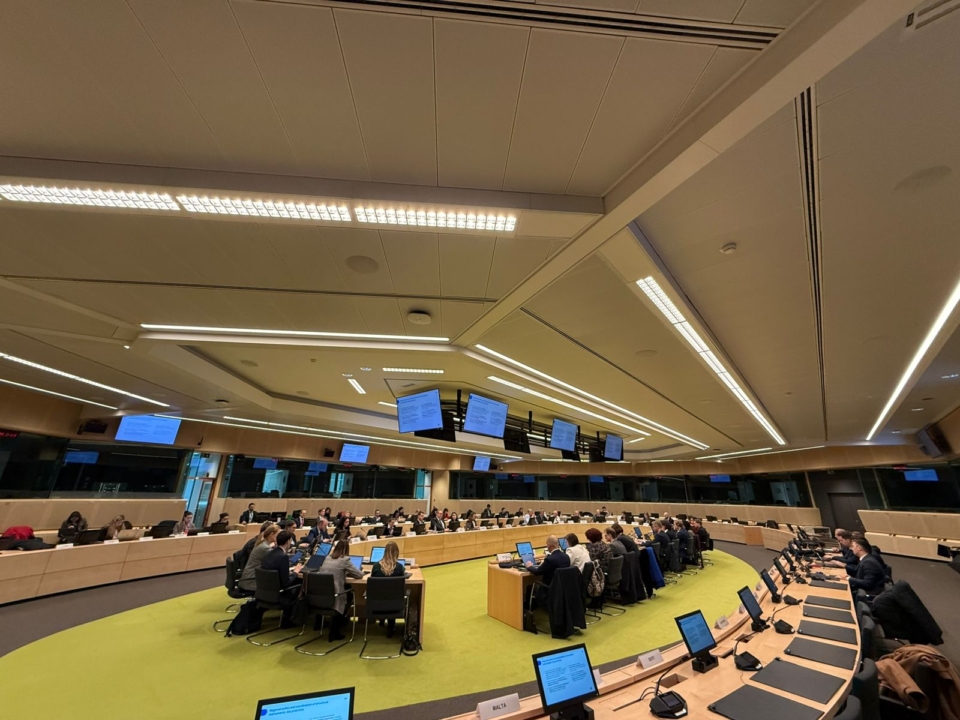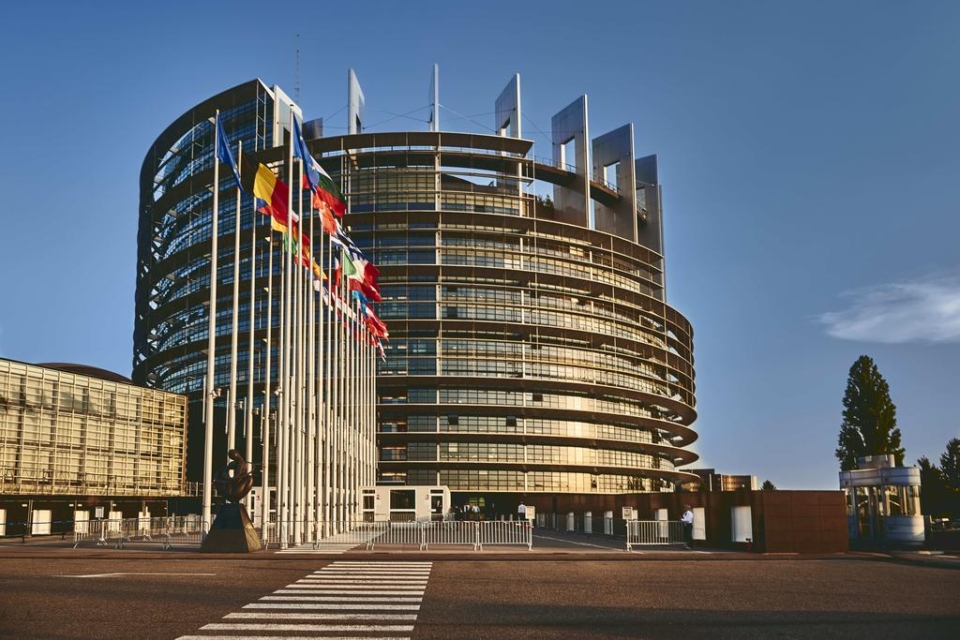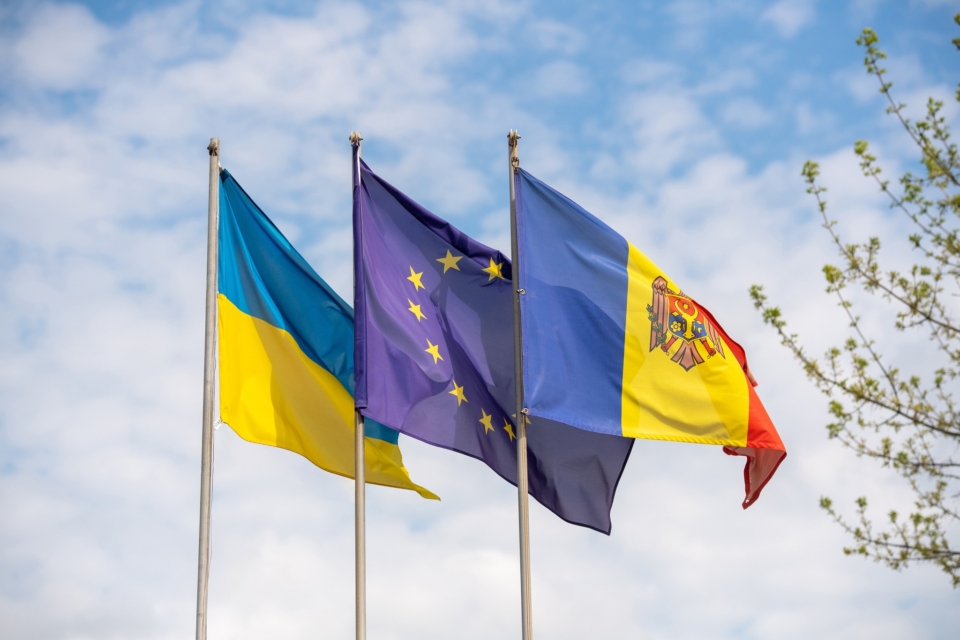Ukraine starts bilateral meetings with the EU on free movement of goods
Вступ України до ЄС
03.03.2025
On March 3, 2025, bilateral meetings between Ukraine and the European Commission began in Brussels, Belgium, as part of the official screening of the compliance of Ukrainian legislation with EU law under Chapter 1, Free Movement of Goods, which is part of Cluster 2, Internal Market.
Bilateral meetings within the framework of the screening are an integral part of the negotiation process of Ukraine’s accession to the European Union. Vitaliy Kindrativ, Deputy Minister of Economy of Ukraine, and Taras Kachka, Deputy Minister of Economy and Trade Representative of Ukraine, are making offline presentations in Brussels.
Speaking online, Chief Negotiator, Deputy Prime Minister for European and Euro-Atlantic Integration – Minister of Justice of Ukraine Olha Stefanishyna reaffirmed Ukraine’s priority to accelerate its integration into the EU, in particular through the fulfillment of commitments and the signing of the Agreement on Conformity Assessment and Acceptance of Industrial Products (ACAA). She also reaffirmed the commitment to harmonize national legislation with EU law within the relevant chapter.
“We see the free movement of goods as a key pillar of our accession to the EU, as well as a key element of our economic resilience. The full harmonization of the Ukrainian legal framework with the European one is our commitment in this process. At the same time, over the past decade since the signing of the Association Agreement with the EU, Ukraine has demonstrated a high level of harmonization of its free movement of goods legislation with that of the EU and has fully reoriented itself towards European standards. This work will remain a priority for us,” the Deputy Prime Minister emphasized.
The screening meetings under negotiating chapter 1 will last four days. The Ukrainian delegation will present reports covering the following issues:
- On March 3, the Ukrainian delegation will present topics on Free Movement/Non-Harmonized Products, Conformity Assessment, Conformity Labeling and Technical Regulation, Standardization, Market Surveillance and Product Liability, Construction Products, and the Law on Zero Emission Industry;
- March 4 – matters related to Metrology, Transport Legislation, Technical Equipment and Related Requirements, and Pressure Equipment;
- March 5 – issues on Industrial Products, Electrical and Electronic Equipment, Basic EU Chemical Legislation, Other Chemical Products;
- March 6 – questions on footwear and textiles, eco-design, defense products, firearms, crystal products, cultural goods, pricing of medicines, regulation of forced labor.
For more information
The free movement of goods is one of the four fundamental freedoms that ensures the effective functioning of the EU’s internal market. The principle of free movement of goods means that goods must move freely from one part of the European Union to another. In a number of areas, this general principle is complemented by a harmonized regulatory framework that follows the “old approach” (setting precise product specifications) or the “new approach” (setting general product requirements).
The harmonized European product legislation to be transposed constitutes the largest part of the legislation in this chapter. In addition, sufficient administrative capacity is needed to implement trade restrictions and to apply horizontal and procedural measures in areas such as standardization, conformity assessment, accreditation, metrology and market surveillance.
Other news
All news













